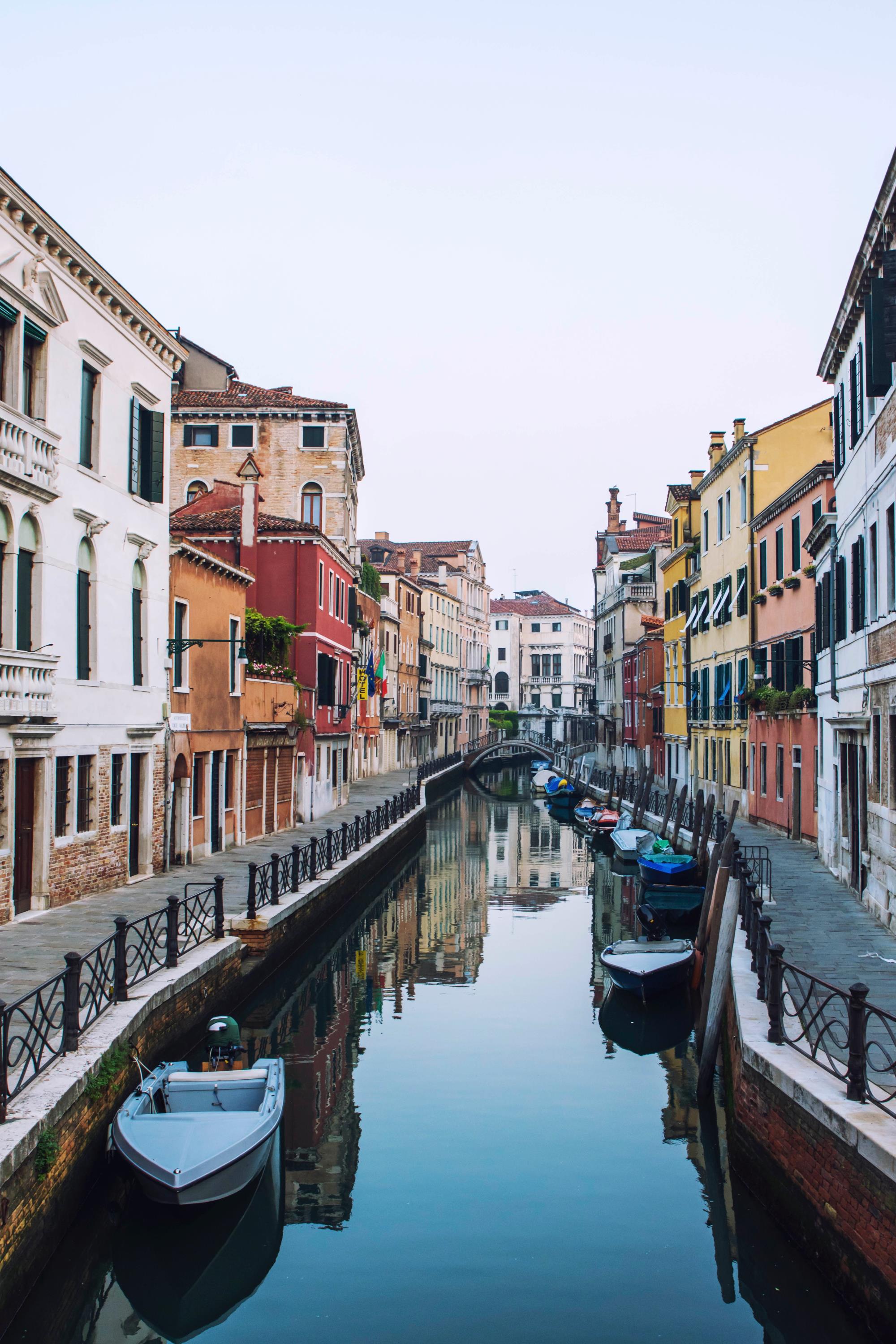
One extraordinary off shoot of the shut down in Italy, is that the Canals in Venice, have gone clear.
In Venice, the often murky canals recently began to get clearer, with fish visible in the water below.
Italy's efforts to limit the corona virus meant an absence of boat traffic on the city's famous waterways.
That rapid change, apparently had a rapid impact.
Countries that have been under stringent lock downs to stop the spread of the corona virus have experienced an unintended benefit.
The outbreak has, at least in part, contributed to a noticeable drop in pollution and greenhouse gas emissions in some countries.
Although somewhat grim,and obviously costly, it's something scientists said could offer tough lessons for how to prepare — and ideally avoid — the most destructive impacts of climate change.
According to an interview with NBC, "If we can think about how to prepare for climate change like a pandemic, maybe there will be a positive outcome to all of this," said Christopher Jones, lead developer of the Cool Climate Network, an applied research consortium at the University of California, Berkeley. "We can help prevent crises in the future if we are prepared. I think there are some big-picture lessons here that could be very useful."
The corona virus pandemic has sickened more than 180,000 people and killed more than 7,100 worldwide since early January. Some countries, most notably China and Italy, have been forced to seal their borders and restrict residents' movements to control the rates of infection.
Satellite observations have shown that the temporary measures have also driven significant decreases in harmful emissions.
"Carbon dioxide is tied to industrial activity, electricity production and transportation, so anything that affects those sectors will impact greenhouse gases, as well," Jones said.
Based on a NBC interview